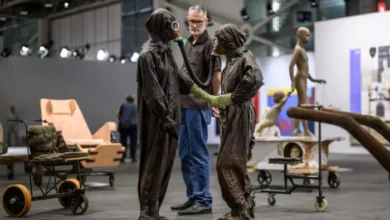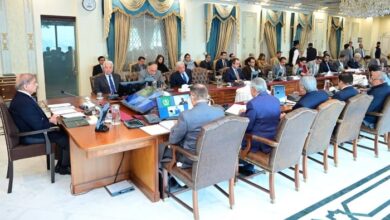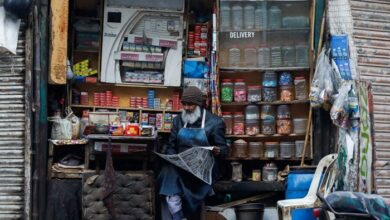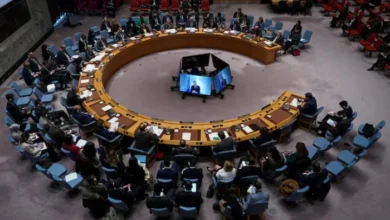Mothers play a pivotal role in the holistic development and well-being of their children. Mothers are one of the closest primary caretakers who not only nurture and teach their children but also provide safety, security and protection.
Several studies reveal the significant impact mothers’ responsiveness can have on children’s sense of protection, their executive functioning skills, their school readiness, self-regulation and resilience. There are many facets of responsibilities for a mother other than the ones mentioned. They also act as a first responder to their children amid illness, crises, uncertainties and trying times. They are the ones to detect, mitigate and respond to any health emergency that their children face. Homes where children are meant to grow and thrive often hide silent hazards: exposed electrical switches within reach, accessible dangerous and swallowable objects or cleaning agents, harmful rusted furniture and equipment, as well as psychological traumas, identity crises, and emotional stress. And at the heart of this environment is the mother, often the sole caregiver and first responder in an emergency. A health emergency can be defined as incidents that pose either physical or mental health and well-being threats to anyone. In case of children, it could be a dangerous object or liquid swallowed, an emotional trauma, a panic attack, choking hazards, a wound, bleeding, etc.
In Pakistan, a staggering 61% of childhood injuries happened right where kids should feel safest, at home. Bedrooms, balconies and staircases are the most common spots for accidents, especially for children under the age of five. These little explorers spend most of their day at home playing, climbing and discovering. But their curiosity often brings them dangerously close to harm. The most frequent injuries include falls, cuts, bruises, burns and chokes. Boys are slightly more prone than girls, and children under three are especially vulnerable. Many accidents stem from everyday actions like holding a hot drink while carrying a baby, leaving toddlers alone in the bathroom or giving them small toys that can easily be swallowed. One study showed that about 42% of child injuries are managed at home by Pakistani mothers, but what happens next depends on what the mother knows. From applying burn ointments to stopping bleeding or clearing airways, mothers often rely on hearsay, guesswork or even myths; some helpful, others potentially harmful. In some cases, a lack of proper first aid can lead to permanent disability.
Mental health, alongside physical health, frequently necessitates immediate attention, typically from a primary caregiver in most circumstances. In Pakistan, there has been an increase in various mental health concerns over the past decade, especially following COVID-19. Children encounter various issues, including anxiety, low self-esteem, identity crises, and low resilience. Evidence suggests that various challenges arise from the immediate environment to which a child is exposed, including pandemics, crises, uncertainties, domestic conflicts, academic pressure, peer pressure, and insufficient emotional support. According to a study, nearly 30% of school-aged children in urban settings display at least one indicator reflecting their need for emotional assistance. Consequently, the primary caregiver’s role, especially that of the mother, is crucial in recognizing discomfort, offering initial emotional support, and having the information to seek appropriate assistance. Literature indicates that maternal responsiveness in treating young children’s mental health issues at home serves as a buffer to mitigate stress. The absence of such information and understanding may be crucial and could result in detrimental effects from prolonged, neglected emotional support evolving into trauma.
That’s why this Mother’s Day, we’re advocating a different kind of gift: KNOWLEDGE for MOMS as FIRST RESPONDERS. This means being ready for physical and emotional health emergencies
There is an urgent need to ensure all mothers are trained in first responder skills, i.e. mothers can perform CPR, address choking hazards, treat burns or stop life-threatening bleeding, identify trauma and stress triggers and mitigate those, provide emotional support and safeguarding at home and advocate for a professional referral when in need. All this as first responders and in home settings. This doesn’t end with mothers having the skills to respond, but it goes beyond. Academic institutions should offer courses for parents as first responders, media in coordination with different organizations should showcase educational videos on first responders’ skills, health centers should offer free open public awareness sessions on managing hazards and mental health at home and the state should strengthen investments and policies to support the cause. These are not just skills; they are superpowers that can save a child’s life.
“Because when a mother is trained for life-saving skills – she saves a life”
Let’s celebrate moms not only for their love and strength but also for empowering them with tools to protect their children in moments that matter most.







